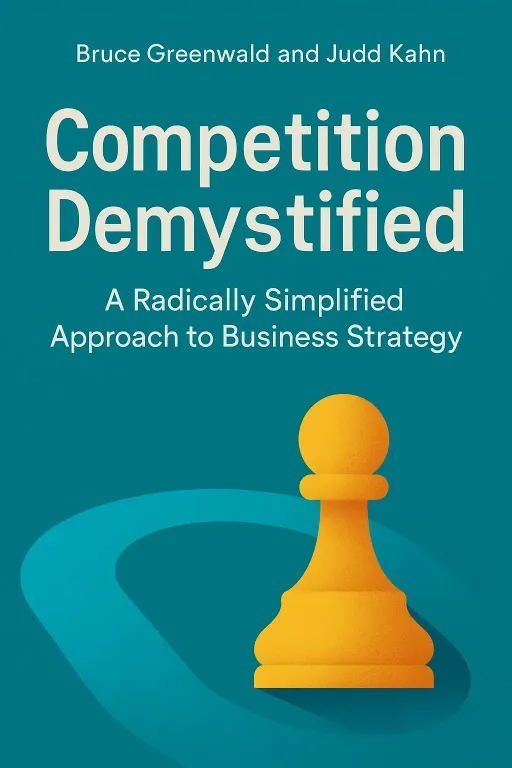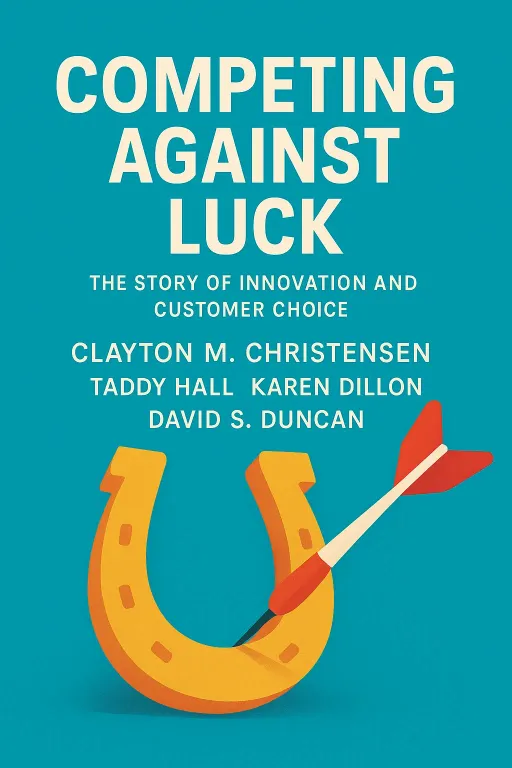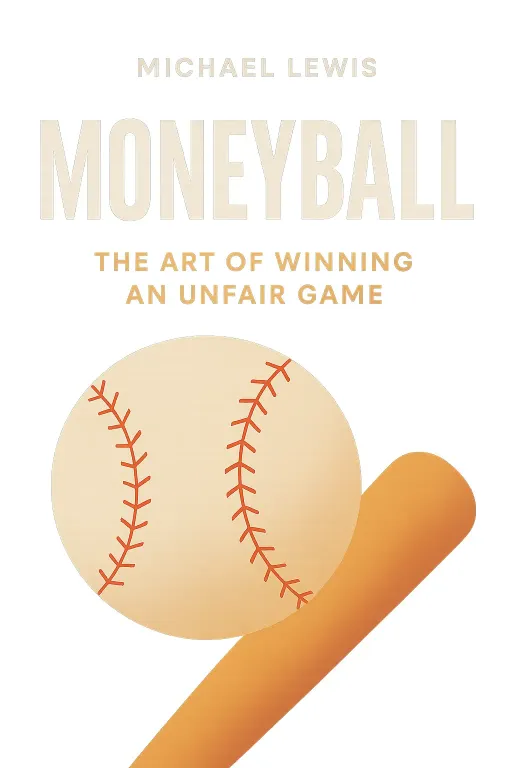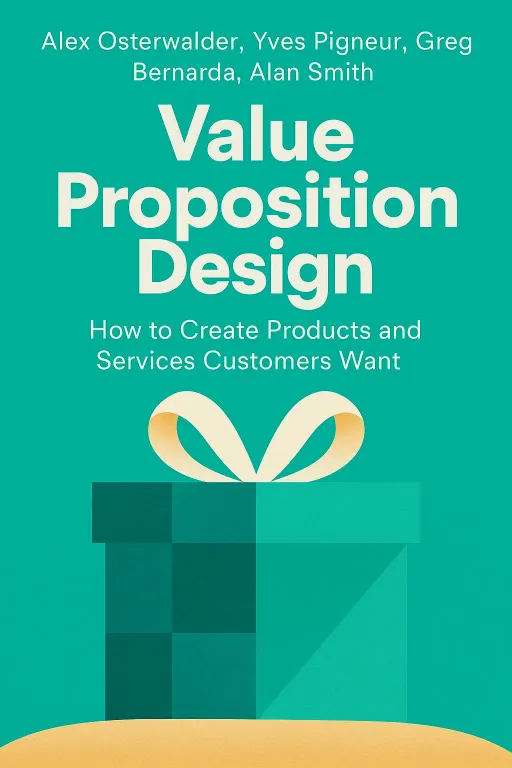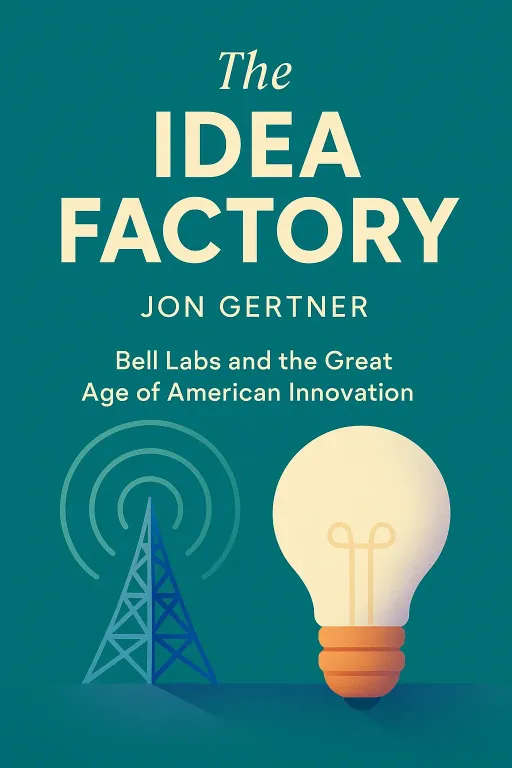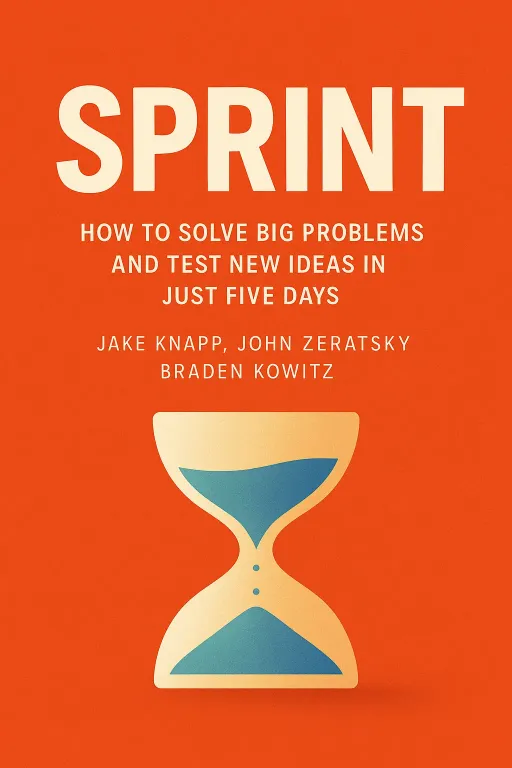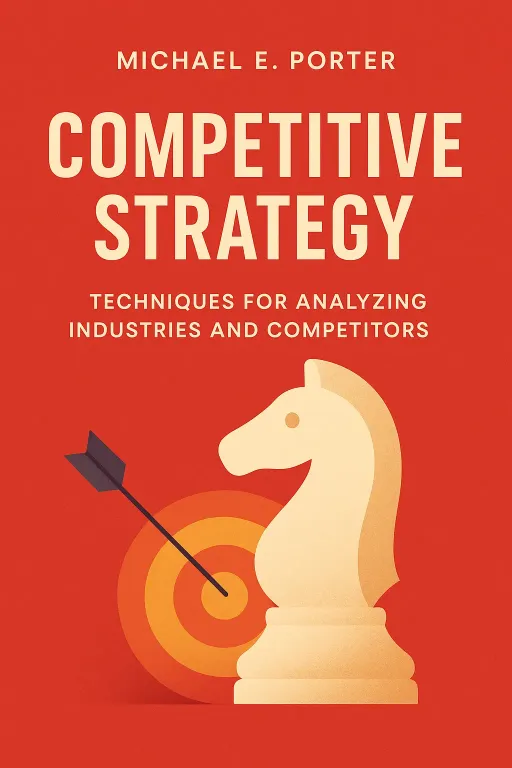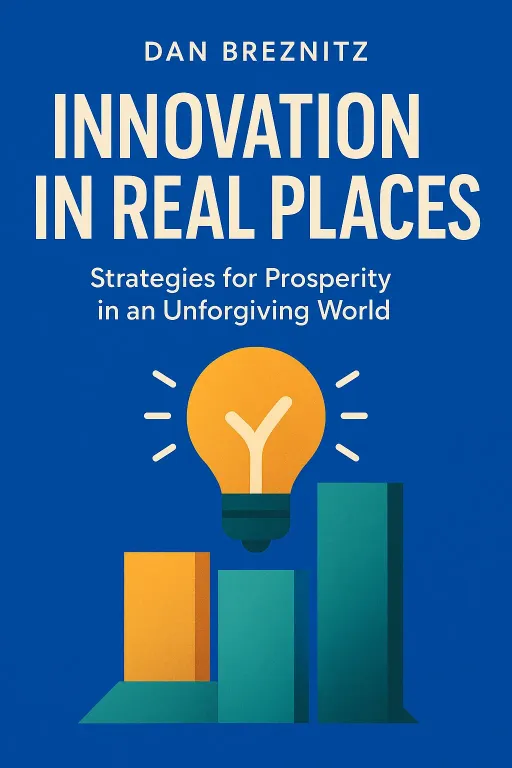
The Silicon Valley Trap
8 minStrategies for Prosperity in an Unforgiving World
Golden Hook & Introduction
SECTION
Joe: Every city leader dreams of building the next Silicon Valley. It turns out, that’s probably the worst economic goal they could have. The relentless pursuit of high-tech startups is, for most places, a direct path to failure. The real path to prosperity is far less glamorous. Lewis: Hold on, that goes against literally everything we hear. Isn't the whole point of modern innovation to create the next Google or Facebook? That's where the growth is, right? Joe: That's the exact assumption that Dan Breznitz dismantles in his critically acclaimed book, Innovation in Real Places: Strategies for Prosperity in an Unforgiving World. And this isn't just some academic in an ivory tower. Breznitz is the Chair of Innovation Studies at the University of Toronto, but he also directly advises the Canadian government on how to build their innovation policy. He’s seen this fantasy play out in the real world. Lewis: Okay, so he's got the credentials. But calling the Silicon Valley dream a fantasy is a bold claim. Where is this going wrong? I want an example. Joe: He gives a perfect, and slightly painful, one: Atlanta, Georgia. For a while, they were branding themselves as "Silicon Peach." Lewis: Silicon Peach. That's... a choice. I'm already sensing this doesn't end well. What happened there?
The 'Silicon Valley' Delusion: Why Your City Shouldn't Chase the Unicorn
SECTION
Joe: Well, on paper, Atlanta had everything. It has world-class universities like Georgia Tech, a huge concentration of Fortune 500 companies, a vibrant culture, and a growing pool of talent. It should have been a high-tech paradise. Lewis: Right, it sounds like the perfect recipe. So what was missing? Joe: The local ecosystem itself. Breznitz points out that while Atlanta was great at producing startups, it was terrible at keeping them. The most promising companies, once they got a bit of traction, would pack up and move to Silicon Valley or Boston. He calls Atlanta a "feeder cluster." Lewis: A feeder cluster? That sounds brutal. It’s like a town being famous for its amazing culinary school, but all the top chefs immediately leave to open restaurants in New York or Paris. The town itself never gets a great restaurant. Joe: That's a perfect analogy. The local talent and ideas were being exported to enrich other places. A company called Appcelerator is a key example. Its founder basically said, "Look, Silicon Valley is the heart of where things are happening. I have to go there to succeed." The money, the networks, the mindset—it was all pointing outwards, not inwards. Lewis: Wow. So Atlanta was basically a farm league for the major leagues of tech. That’s a tough pill to swallow for a city. What's the alternative then? Just give up on innovation? Joe: This is where Breznitz’s core idea comes in. He argues that we have a completely warped view of what "innovation" even is. We're obsessed with what he calls Stage 1 innovation—the radical, world-changing invention, the brand-new thing. The stuff of Silicon Valley. Lewis: Yeah, the shiny new object. Joe: Exactly. But he says there are actually four distinct stages of innovation. Stage 1 is that novelty. Stage 2 is design, prototyping, and production engineering—figuring out how to actually make the new thing. Stage 3 is second-generation innovation—all the incremental improvements, refinements, and new applications for existing products. And Stage 4 is production and assembly—mastering the art of making things at scale, efficiently and reliably. Lewis: Okay, so novelty, design, improvement, and production. It feels like we only ever celebrate the first one. Joe: Precisely. And Breznitz's argument is that immense, sustainable prosperity can be found in mastering Stages 2, 3, or 4. The mistake Atlanta made was chasing Stage 1, a game it was destined to lose, instead of looking at its real strengths and choosing a different stage to dominate.
Finding Your Niche: The Power of Being a Master, Not a Jack-of-All-Trades
SECTION
Lewis: That framework is interesting, but it still feels a bit academic. How does a city actually choose a stage? Can you give me a real-world example of a place that got this right? Joe: Absolutely. Let's look at two incredible success stories that chose completely different paths: Taiwan and Shenzhen. Neither tried to be Silicon Valley. Let’s start with Taiwan, a master of Stage 3: the art of incremental improvement. Lewis: The improvers. I like that. What did they improve? Joe: Think about the humble bicycle. The book tells the story of two companies. One is Giant, the Taiwanese manufacturer. Giant didn't invent the bicycle, but in the 1980s, working with a public research institute, they mastered the use of carbon fiber to make frames. They took an existing product and made it lighter, stronger, and better. That's classic Stage 2 and 3 innovation. Lewis: Okay, so they weren't the inventors, they were the perfecters. Joe: Exactly. And then there's Shimano, the Japanese company that makes most of the world's high-end bicycle components—the gears, the brakes. They didn't invent gears either. But through relentless, intense, incremental innovation, they made their gear systems so flawless and reliable that they now dominate the global market. They own Stage 3 for that niche. Taiwan's entire economy is built on this principle—taking existing technologies, especially in electronics, and making them better, cheaper, and more efficient. Lewis: That's fascinating. It's a quiet form of dominance. You don't notice it until you realize your bike, your computer, and your phone are all filled with components perfected in Taiwan. So what about Shenzhen? What stage did they choose? Joe: Shenzhen went all-in on Stage 4: Production and Assembly. They became the world's builder. Breznitz paints this incredible picture of Shenzhen in the late 1970s as just a collection of fishing villages next to Hong Kong. It had two engineers. Total. Lewis: Two engineers for a whole city? That's not a promising start for a tech hub. Joe: Not at all. But when China designated it a Special Economic Zone, it didn't try to invent new technologies. It focused on one thing: becoming the best place on Earth to make things. They built an ecosystem so dense and efficient that, as one manager in the book says, "Whatever you want to make, you can find the parts immediately in this area." You can have an idea for a new phone on Monday and a working prototype by Friday. Lewis: That's an insane capability. It’s a superpower, just a different kind. Joe: It's a massive superpower. They mastered the logistics, the supply chains, the flexible manufacturing lines. They didn't need to invent the iPhone, they just needed to be the only place in the world that could assemble 200 million of them flawlessly. That is Stage 4 dominance. Lewis: Wow. So when you put them side-by-side, it's so clear. Neither Taiwan nor Shenzhen chased the Silicon Valley ghost. Taiwan became the world's best 'improver,' and Shenzhen became the world's best 'builder.' They chose a lane and owned it. Joe: And they built incredible, widespread prosperity for their people by doing so. They played the game they knew they could win.
Synthesis & Takeaways
SECTION
Lewis: This completely reframes how I think about economic growth. It’s not about some magical 'innovation' dust. It’s about strategy and an honest look in the mirror. So what's the big takeaway for a listener, whether they're a mayor or just someone who cares about their hometown? Joe: I think Breznitz's message is ultimately a call for economic self-respect. Stop the cargo cult mentality of looking at Silicon Valley and trying to build bamboo replicas of their airports hoping the planes will land. Look at your own history, your own skills, your own people. Lewis: Find your own stage. Joe: Yes. Are you a community of master craftspeople, like the luxury shoemakers in Italy's Riviera del Brenta that he profiles? Are you logistics geniuses sitting at a crossroads of trade? Are you process improvers who can make any factory run 10% more efficiently? The path to prosperity is about doubling down on what makes your place unique, not chasing a generic, and frankly unattainable, dream. Lewis: That’s a much more hopeful message, in a way. It’s not about winning the lottery of invention, but about building on the strengths you already have. Joe: Exactly. The most powerful question the book leaves you with is a simple one, but it’s incredibly hard to answer honestly: What stage of innovation does my community actually excel at, and what are we doing to support that, instead of pouring resources into something else? Lewis: That's a powerful question. And it's one that applies to individuals and companies, not just cities. It makes you think. We'd love to hear what you all think your town's hidden innovation strength is. Let us know on our social channels. Joe: This is Aibrary, signing off.
